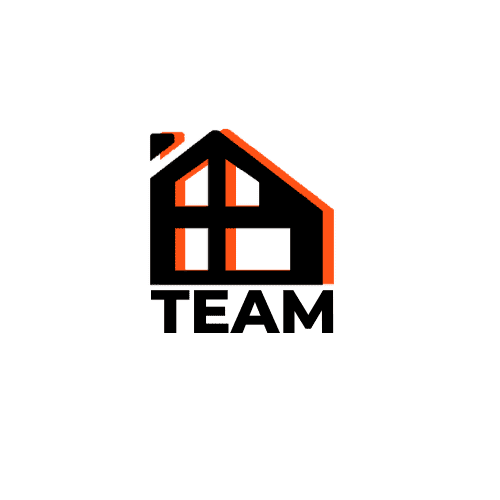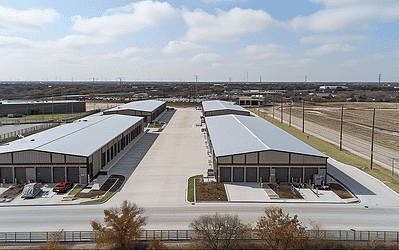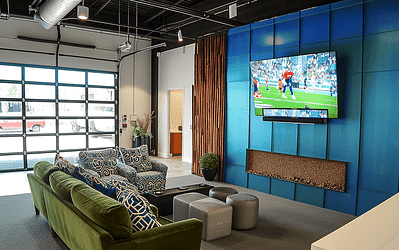Electrical safety is a topic that affects us all, whether you're...
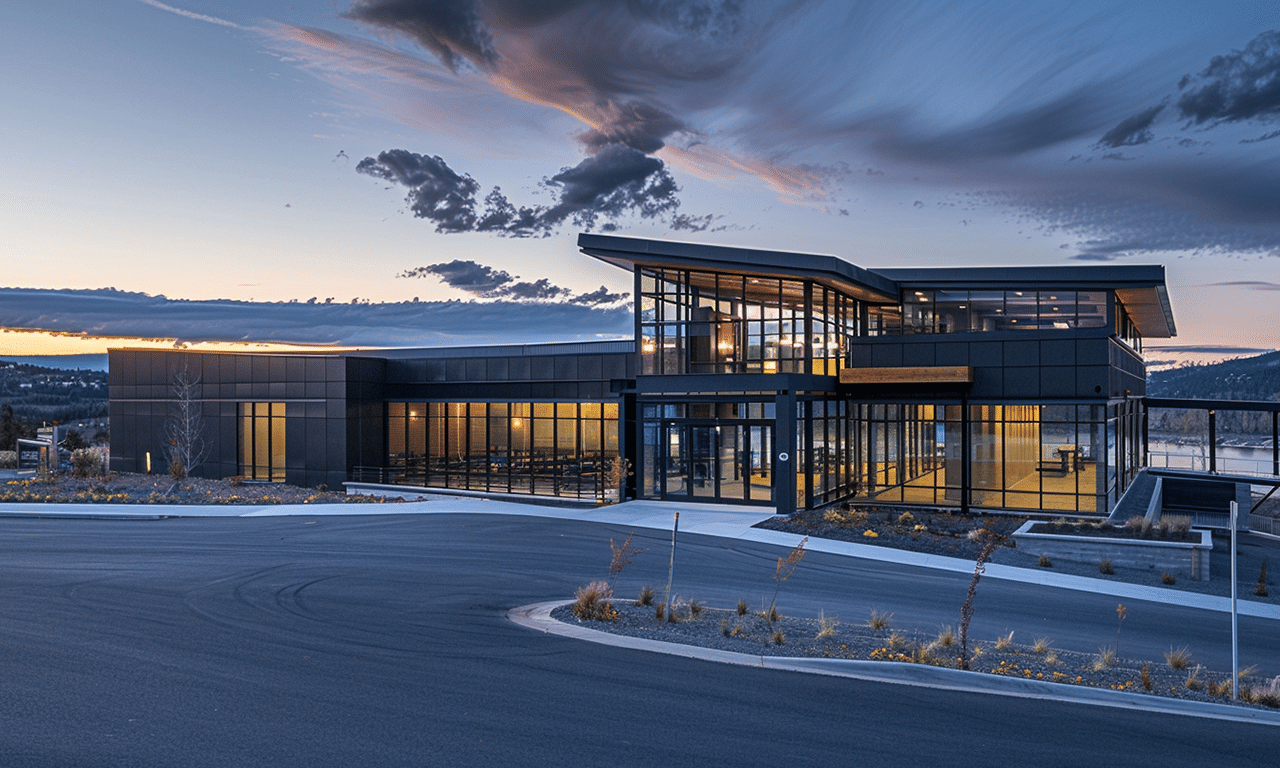
Local Building Codes, Permits, and Legal Considerations: Ensuring Compliance for Your Construction Project
One of the most critical aspects of any construction project is ensuring compliance with local building codes and securing the necessary permits. Building codes are in place to ensure the safety, health, and structural integrity of buildings, while permits are required to guarantee that your project follows local regulations. Ignoring these legal requirements can lead to costly delays, fines, or even the need to demolish non-compliant structures.
In this guide, we’ll walk through the importance of understanding local building codes, obtaining permits, and addressing legal considerations for your construction project.
1. Understanding Local Building Codes
Local building codes are a set of standards established by municipalities to ensure that buildings are safe and durable. These codes regulate everything from the height of a structure to its electrical systems and fire safety measures. Building codes vary by location, so it’s essential to research the specific requirements in your area before starting any construction project.

For more insights on budgeting for code compliance, visit our Cost Estimations and Financing blog category.
2. Securing the Necessary Permits
Most construction projects require permits before work can begin. This includes everything from small renovations to large-scale commercial buildings. Building permits are issued by local government authorities to ensure that your project meets local building codes and regulations. Failing to secure the necessary permits can result in penalties, work stoppages, or even the demolition of non-compliant structures.
Key steps to obtaining permits include:
- Submitting detailed plans for review.
- Paying any associated fees.
- Scheduling inspections at different stages of construction.
At Your Building Team, our Steel Building Design Services ensure that your project is planned and designed to meet all local requirements, making the permitting process smoother and more efficient.
3. Legal Considerations in Construction
In addition to local building codes and permits, there are several legal considerations that you should be aware of before beginning construction. These can include zoning laws, property boundaries, and environmental regulations. Zoning laws, for example, dictate how land can be used—whether for residential, commercial, or industrial purposes—and may affect what type of structure you can build on your property.
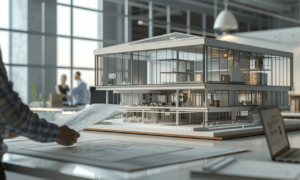
It’s crucial to consult with local authorities or legal professionals to ensure that your project complies with all relevant laws and regulations. For more in-depth information on these topics, check out our Permits and Local Building Codes Guide.
4. Tips for Navigating Building Codes and Legal Requirements
To successfully navigate the complexities of local building codes, permits, and legal considerations, it’s essential to plan ahead and consult with professionals. Here are a few tips to help you stay on track:
- Research Early: Begin researching building codes and permit requirements during the planning phase of your project.
- Work with Experienced Builders: Choose builders and designers familiar with local codes to avoid costly mistakes.
- Keep Documentation: Make sure you keep records of all permits, inspections, and approvals throughout the construction process.
At Your Building Team, we offer comprehensive Construction Services to guide you through every stage of your project, ensuring that your building is not only structurally sound but also fully compliant with all local regulations.
5. How Building Codes Impact Steel Buildings
Steel buildings are increasingly popular due to their durability, sustainability, and cost-effectiveness. However, they are also subject to local building codes just like any other type of construction. Building codes for steel structures may regulate aspects such as wind and snow loads, fire safety, and energy efficiency.
To ensure that your steel building project complies with local regulations, visit our Steel Building Buying Guide, where we cover key considerations and planning steps for steel structures.
6. The Role of Inspections
Inspections are a vital part of the permitting process and help ensure that your project is progressing according to plan. Inspections are typically required at various stages of construction, including:
- Foundation Inspections: To ensure that the building’s foundation is properly constructed and complies with safety standards.
- Framing Inspections: To check the structural integrity of the building’s frame.
- Final Inspections: To verify that the entire project meets all local codes and regulations before occupancy is allowed.
Working with experienced builders like Your Building Team can help you prepare for inspections and address any issues that arise, so you can avoid delays and move forward smoothly.
7. Why Choose Your Building Team?
At Your Building Team, we understand that navigating building codes and permits can be complex and time-consuming. That’s why we’re here to simplify the process for you. Our experienced team handles everything from designing compliant buildings to managing the permitting process, so you can focus on bringing your vision to life.
Why choose us?
- Expert Guidance: We ensure that your project complies with all local building codes and legal requirements from start to finish.
- Comprehensive Services: From Steel Building Design to project management and permitting, we offer all the services you need under one roof.
- Commitment to Compliance: Our team stays up to date with the latest building regulations and industry standards to ensure that your project is fully compliant.
For more resources and insights, visit our Resources section, where we offer a wealth of information on building codes, permits, and more.
Conclusion
Understanding and complying with local building codes, securing permits, and addressing legal considerations are essential for any successful construction project. At Your Building Team, we’re here to help you navigate these requirements and ensure that your project stays on track and meets all legal standards.
To learn more about building codes, permits, and legal requirements, explore our Permits and Local Building Codes Guide or get started with our Construction Services today.

EXPERT STEEL BUILDING SOLUTIONS
Your Building Team delivers engineered steel structures nationwide. From garages to commercial facilities, explore our comprehensive building solutions at yourbuildingteam.com
Building Code Enforcement: Roles and Responsibilities
Navigating the intricate landscape of building code enforcement can...
Building Code Compliance in Multifamily Housing
Building multifamily housing is a bit like navigating a maze. Each...
Calculated the Cost of a Building
for Your Location
Given that factors such as snow load, wind load, and seismic conditions significantly influence safety and compliance, providing the exact installation address is essential for an accurate preliminary cost estimate.
